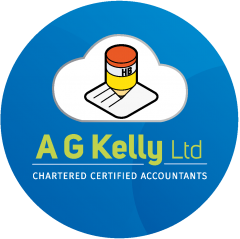Steps in the right direction to take some weight off the shoulders of SMEs.
The Chancellor announced an increase in the Employment Allowance from £3,000 to £4,000 to protect small businesses from the rise in the minimum wage. From next month companies will not have to pay Employer National Insurance Contributions on the first £4,000 of their annual bill.
Changes had already been announced that the Allowance is only available where from 6 April the Class 1 National Insurance bill of the business or charity was below £100,000 in the previous tax year.
You cannot claim the Employment Allowance from April 2020 if:
- you’re the director and the only employee paid above the secondary threshold
- you employ someone for personal, household or domestic work (like a nanny or gardener) – unless they’re a care or support worker
- you’re a public body or business doing more than half your work in the public sector (such as local councils and NHS services) – unless you’re a charity
- you’re a service company working under ‘IR35 rules’ and your only income is the earnings of the intermediary (such as your personal service company, limited company or partnership)
- Class 1 National Insurance contributions (NICs) liability are at or above £100,000 in the tax year before the year of claim. This includes connected companies
- if the business exceeds the de minimis state aid threshold.
From 6 April 2020 the Employment Allowance falls within the state aid definition and those claiming the employment allowance will need to declare they do not exceed the de minimus state aid threshold. This means it will contribute to the total aid you are allowed to get under the relevant de minimis state aid cap in the relevant three year period.
